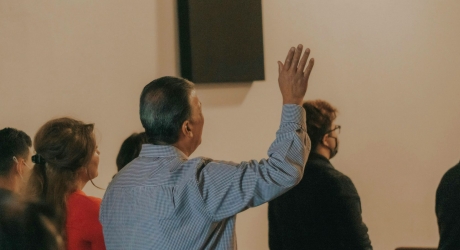The Sunday Guardian | March 11, 2017
Evelyn Beatrice Hall (1868-1956) was an English writer. In her book, 'The Friends of Voltaire', Hall wrote, "I disapprove of what you say, but I will defend to death your right to say it." Though Hall said this as an illustration of Voltaire's beliefs, this quotation is often misattributed to Voltaire himself. The concept of freedom of opinion was born in the era of democracy. But now, it is a universal norm which has a general acceptance world over.
Before the advent of this concept, the world had not seen significant development in any field. Science and technology were in a primitive state. The ushering in of this concept led to an era of technological and industrial revolution. Freedom of opinion is another name for collective thinking. In earlier times, thinking was the monopoly of a privileged few and the art of thinking was in its premature stages.
Due to this monopoly, the art of thinking did not progress. But when thinking became unfettered, an era of advancement and innovation began. This was because every individual could now share his ideas with others without any reservation. Any person could engage in an open discussion with any other individual, without any kind of fear. As a result of this openness, for the first time in history, dissent became an undeniable right of every individual; exchange of ideas began in a free manner and eventually it led to a "thought explosion" in the world. Such a culture was ushered in the world where everyone began to say freely what he or she had to say and others began to listen without any bias.
The biggest advantage of this development is that one person dispassionately listens to what the other person has to say because he knows that mere listening is not tantamount to acceptance. This habit inculcates broad-mindedness and boosts creativity. Such a person's mind becomes like a flowing river which never gets stagnant because of influx of fresh thoughts.











